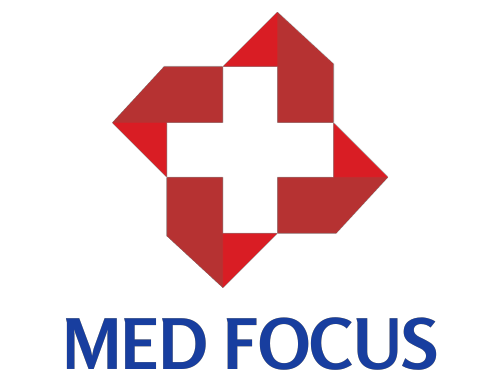
At its core, medical ethics is a discipline that deals with the principles of right and wrong in the context of healthcare. It provides a framework for healthcare professionals to make ethical decisions when faced with challenging situations, ensuring that patient welfare remains the utmost priority.
The Core Principles of Medical Ethics
There are four fundamental principles that serve as the bedrock of medical ethics:
-
Autonomy: Respecting a patient's right to make their own decisions about their healthcare, even if those decisions differ from the healthcare provider's recommendations.
-
Beneficence: Acting in the best interest of the patient and providing care that maximizes their well-being.
-
Non-maleficence: Ensuring that healthcare professionals do no harm and that the benefits of treatment outweigh the risks.
-
Justice: Distributing healthcare resources, treatments, and access to care fairly and equitably among all patients, regardless of their background or circumstances.

Moral Dilemmas in Healthcare
Healthcare professionals often find themselves grappling with moral dilemmas. These can include decisions about end-of-life care, organ transplantation, informed consent, and resource allocation. Each situation requires careful consideration of the ethical principles, patient preferences, and the best available evidence.
The Role of Ethics Committees
Many healthcare institutions have ethics committees in place to provide guidance and facilitate ethical decision-making in challenging cases. These committees bring together healthcare professionals, ethicists, and often, patient representatives, to ensure a comprehensive and balanced approach.
Ethical Challenges in Emerging Technologies
As medical technology advances, new ethical challenges emerge. Issues related to genetic testing, artificial intelligence, telemedicine, and the use of personal health data require careful consideration to uphold patient rights and well-being.
Conclusion: Upholding Ethical Standards in Healthcare
In conclusion, medical ethics is the moral compass that ensures healthcare professionals provide care that is not only effective but also morally sound. By adhering to the principles of autonomy, beneficence, non-maleficence, and justice, healthcare providers navigate complex moral dilemmas while keeping the patient's welfare at the forefront. Ethical committees and ongoing dialogue within the healthcare community further support ethical decision-making. As healthcare continues to evolve, medical ethics will remain a critical guide in providing compassionate, just, and patient-centered care.

Kindly visit themedfocus.com for additional advice and recommendations about attending medical school. If you're seeking a trustworthy internet source, please check out the whole medical school package at the URL below.
https://themedfocus.com/products/the-complete-med-school-bundle
